A man who has a language consequently possesses the world expressed and implied by that language
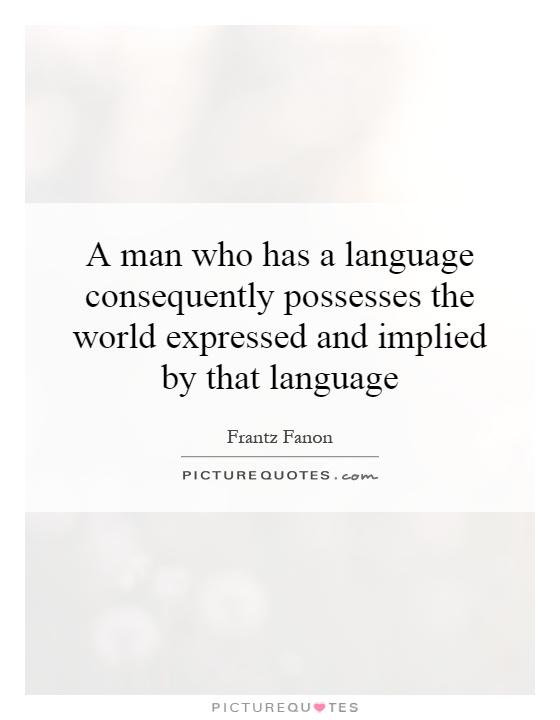
A man who has a language consequently possesses the world expressed and implied by that language
Frantz Fanon, a prominent thinker and revolutionary from Martinique, believed that language was not just a tool for communication, but a powerful force that shaped one's understanding of the world. In his seminal work, "Black Skin, White Masks," Fanon explores the impact of language on identity and consciousness, particularly in the context of colonialism and racism.Fanon argues that language is not neutral, but rather carries with it a set of values, beliefs, and power dynamics that influence how individuals perceive themselves and others. For those who are colonized or marginalized, language can be a means of oppression, as it often reflects and reinforces the dominant culture's superiority and the subjugation of others. In this sense, language can be a form of violence, as it limits the ability of individuals to express themselves authentically and perpetuates systems of inequality.
However, Fanon also believed that language could be a tool of resistance and liberation. By reclaiming and redefining language, individuals could challenge the dominant narratives and assert their own identities and experiences. Through language, people could articulate their struggles, dreams, and aspirations, and connect with others who shared their vision of a more just and equitable world.
For Fanon, language was not just a means of communication, but a way of inhabiting and transforming the world. By mastering a language, individuals could access the knowledge, history, and culture embedded within it, and use it to navigate and shape their reality. In this sense, language was not just a tool, but a world in itself, full of possibilities and meanings waiting to be discovered and explored.

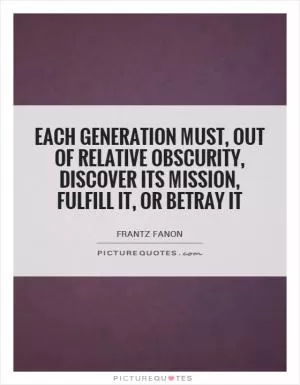
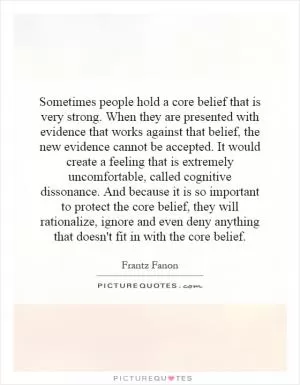

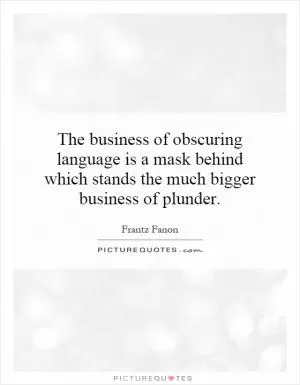
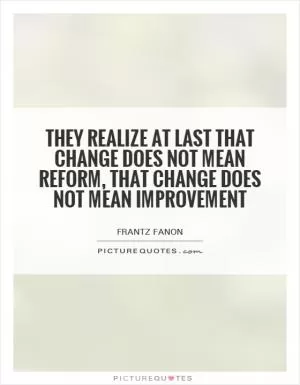
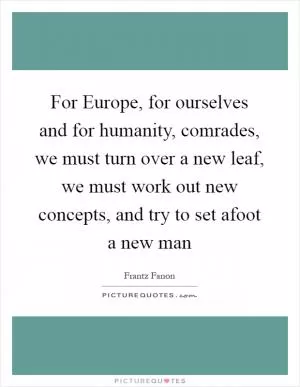
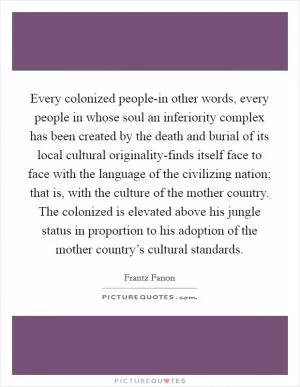
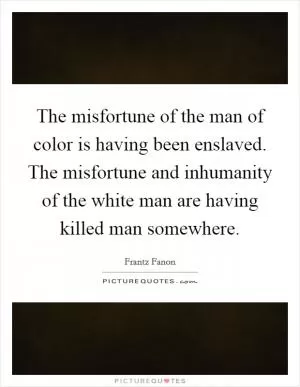
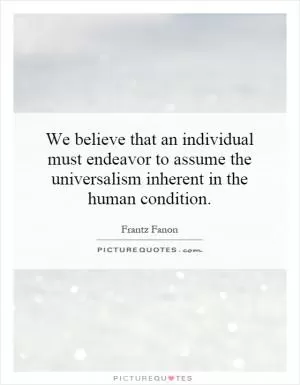

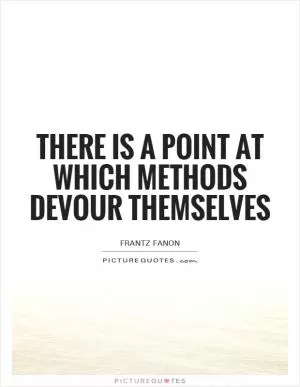
 Friendship Quotes
Friendship Quotes Love Quotes
Love Quotes Life Quotes
Life Quotes Funny Quotes
Funny Quotes Motivational Quotes
Motivational Quotes Inspirational Quotes
Inspirational Quotes